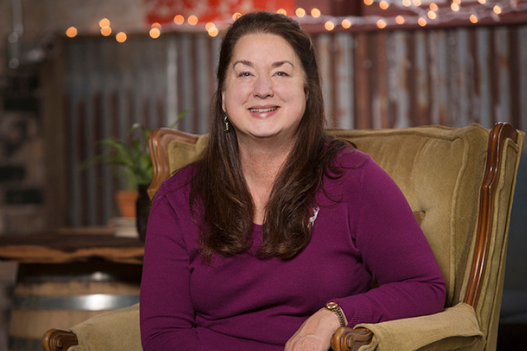This market is in-fact crazy! Buying a home brings important decisions and many questions! Purchasing a house for the first time can be difficult and maybe even a little stressful—especially when it comes to the financial side of things. Figuring out where to start can sometimes be the hardest part…
To help you navigate this process, we’ve put together 10 questions to ask your Mortgage Lender when buying a home!
- How do I know what type of mortgage is best for me?
Finding out what options you have available is very valuable when buying your first home. Your Mortgage Lender will help you determine the pros and cons, and which loan option is best for you and your current circumstances. There are many different types of mortgages – let your lender help you decide what’s best for you.
- What kinds of mortgage do you offer?
There are two major types of mortgage loans: conventional loans and government-backed loans. Meeting with your lender will allow you to determine if they are qualified to offer them and which one you should move forward with.
- How much should my down payment be?
This will vary from lender to lender, but ideally a 20% down payment is what most lenders will advise, if feasible. However, depending on what you are approved for it can be as little as 3% in some cases. To say the least, there are options! So do not worry. Talk with your lender and they will help walk you through the choices.
Worth noting: Some institutions (such as Deerwood Bank) offer loan types such as Rural Development Loans that require zero down payment… Yep, you read that correctly!
- What will my interest rate be?
This is a question I am sure that you already planned on asking, but it is a great benchmark for getting started. It determines how much you can borrow. While a 1% difference may not seem like a lot, it can save you (or cost you) thousands throughout the lifetime of your loan. You should also consider how often the interest rate is adjusted (if you are not considering a fixed-rate loan), what the maximum annual adjustment is, and what the highest cap on the rate is.
- Do you offer a mortgage rate lock?
Rate locks are important because they keep you at a predictable loan cost. A rate lock is an agreement between you and the lender that your interest rate will not change until closing, no matter how the market moves. This is beneficial because your interest rate will not move, and thus you do not have to stress about rushing out to find your home right away.
- Are there income requirements for buying a home?
Your lender will dive deeper in this with you, but yes, they will look at all of your sources of income when they consider the loan best for you.
- Do you offer pre-approval or prequalification?
These terms often can come off as confusing, but there are differences about them.
Pre-approval means your lender will verify your income, assets and credit information through official documents like W-2s, bank statements, and tax returns.
Prequalification is when your lender asks you about your income, credit score and assets to then give you an estimate of how large of a loan that you can receive. (FYI – Being that this is a shorter process and not verified right away, it can mean that the number you receive may change if the information you report is not correct)
- What will the costs of closing be?
This is a great question to prepare you for the fees of processing that you will pay to your lender. The processing fees usually include appraisal fees, origination fees, attorney fees, and title insurance. Closing costs can vary, and your mortgage lender can provide an estimate of closing costs based on the loan programs that are best for you.
- What should I do to prepare my financials when considering buying my first home?
– Understand you mortgage options
– Strengthen your credit
– Determine your budget
– Compare rates
– Get prequalified
– Ask questions!
- Are you doing a hard credit pull on me today?
Lastly, it is always good to know and be aware if the lender is going to perform a hard credit check, if you are shopping with more than one broker it is important that these credit pulls be done within the same week to minimize the impact on your credit score.





